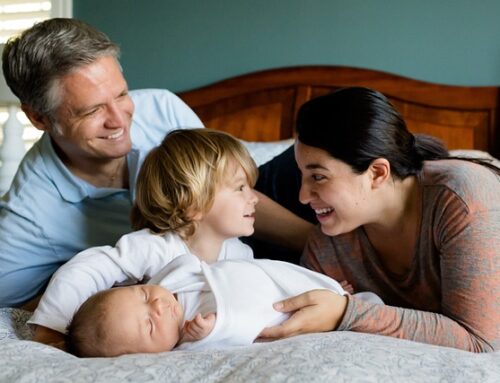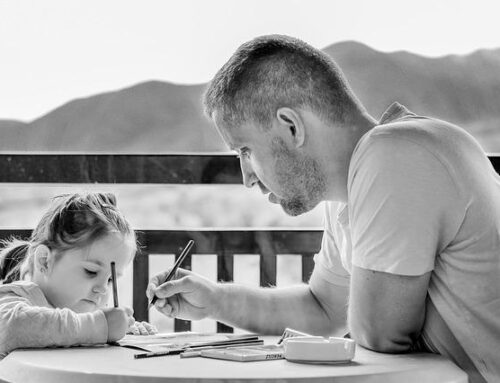As I have mentioned before, when Dr. Marsha Linehan created DBT as a therapeutic technique, she designed it so the concept of mindfulness serves as the foundation of DBT. The reason for this is that it sets the stage for many of the other concepts, techniques, and coping strategies that DBT teaches. This leads me to my favorite DBT concept: The Wise Mind. As I continue, I am going to talk about different types of “minds” that we, as humans, have. I think it’s important to preface this by saying not to think of these “minds” as separate structures or personalities; consider them more to be decision-making processes that we use to solve our problems.
The Wise Mind is based on the idea that every person has wisdom. In fact, everyone’s wisdom is unique to them. We have all had our own unique experiences and therefore, interpret the world in slightly different ways. My wisdom and experience is different from your wisdom and experience and so our reactions to the exact same situation might vary a good amount. So, here is an example. If when I was growing up, I was bitten by a dog, the wisdom of my personal experience might tell me that dogs are a potential for danger, and I had better keep my distance. However, if you grew up in a “dog household” where dogs were basically part of the family and were allowed to sleep in the bed at night, your experience is going to create a very different kind of wisdom for you. Where I see an unpredictable animal, you see a family friend. My disclaimer here is that my wisdom provided to me by my own dog, is that not only are dogs unconditional friends, but they also feel entitled to a majority of a person’s bed.
So, what goes into the Wise Mind or, in other words, a wise decision-making process? Well, according to Dr. Linehan, there are two main components: The Rational Mind and the Emotional Mind. It’s simple right? It also makes sense when you think about it. What goes into a well-informed decision? Logic and feelings. Now, I know there are a lot of people out there who feel that emotions have no place in decision-making; I see the point of this argument, but in the future – I’d like to push back against it a little bit because as humans, I believe that emotion is omnipresent in any situation we find ourselves in. We can all recognize when the “big emotions” like anger or anxiety influence our actions, but I think a lot of times we forget about the “smaller” ones like boredom and contentment. They get to have a say too, even if we don’t always realize it. I feel that it’s important to say here that recognizing an emotion (or, more likely, emotions) that is influencing the decision comes from practicing…wait for it….mindfulness.
As we delve deeper into the Wise Mind in future posts, I ask that you try to keep a non-judgmental view as we reconcile emotion and reason to make the best decisions possible for ourselves. One other disclaimer: using your Wise Mind doesn’t guarantee that you “make the right decision” all the time. That’s not a realistic expectation, so don’t put that weight on your shoulders. What the Wise Mind does help you to do, is act in a way that aligns with your values. More on this to come, but for now – be mindful.





Leave A Comment